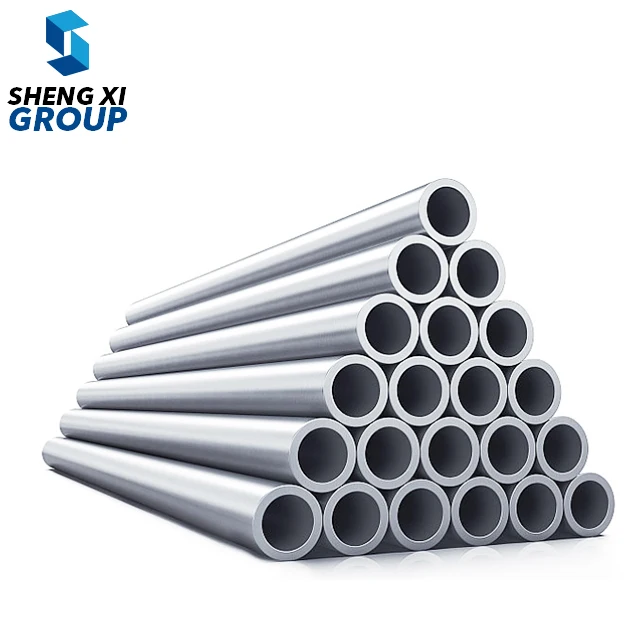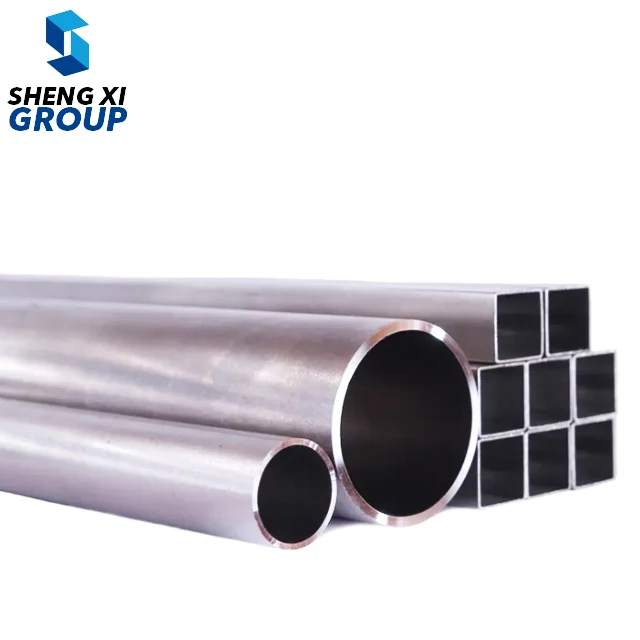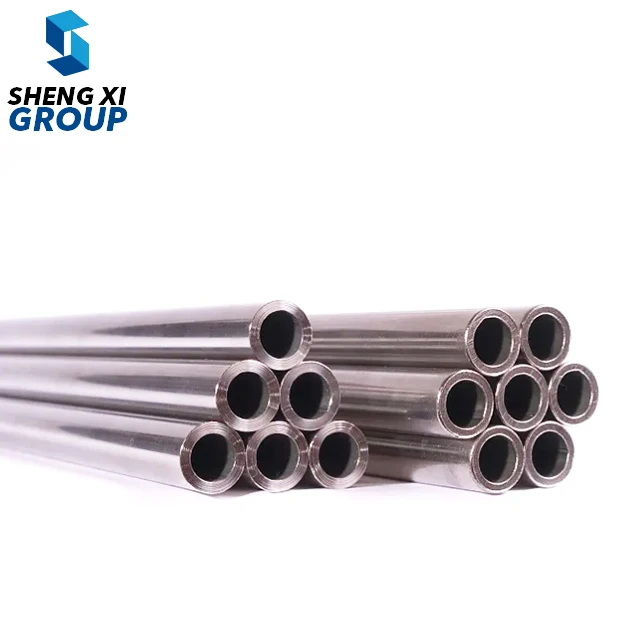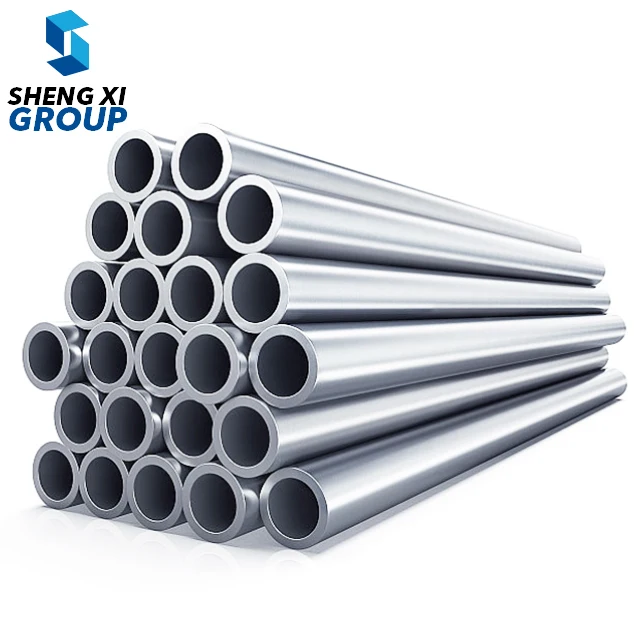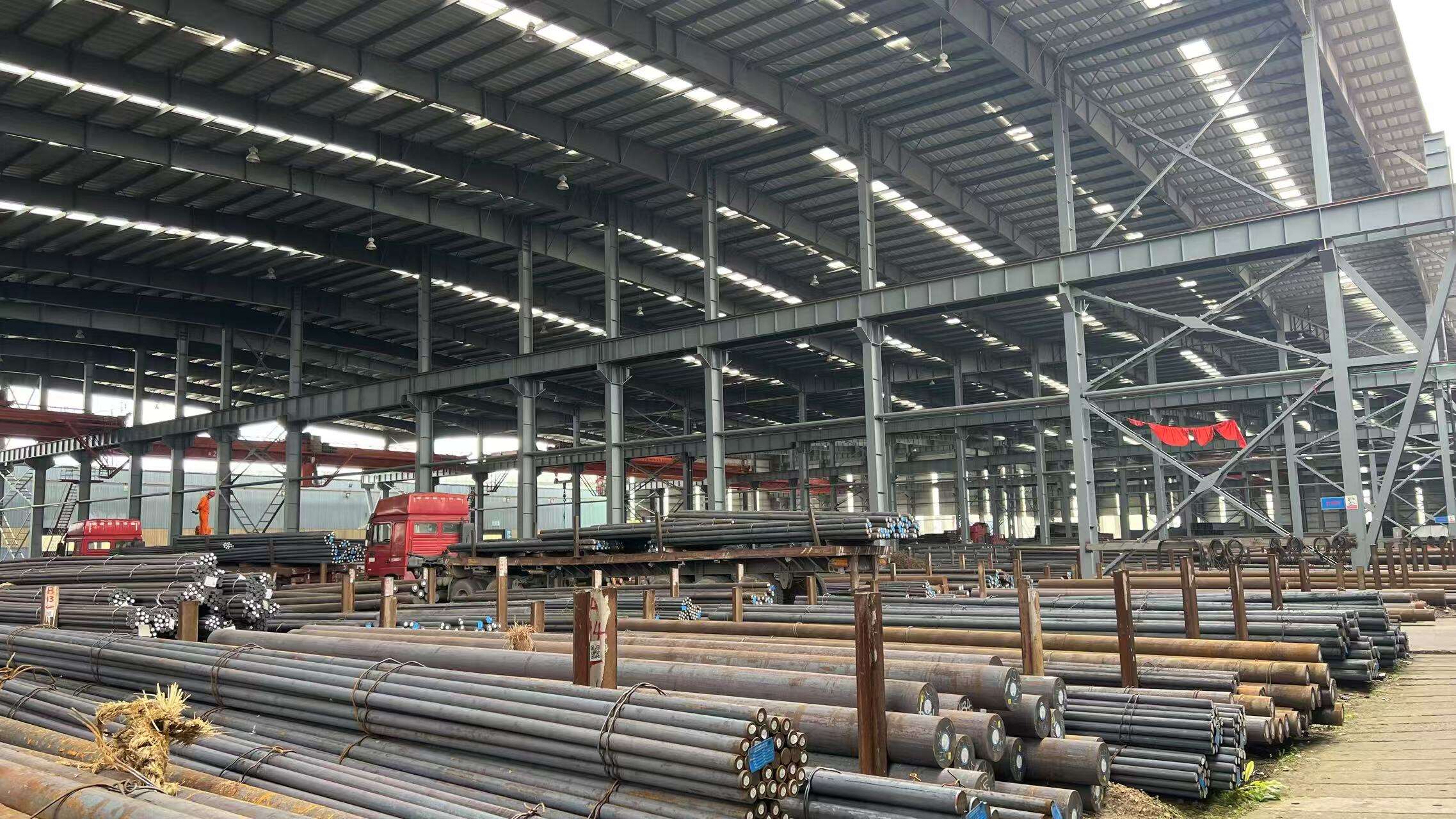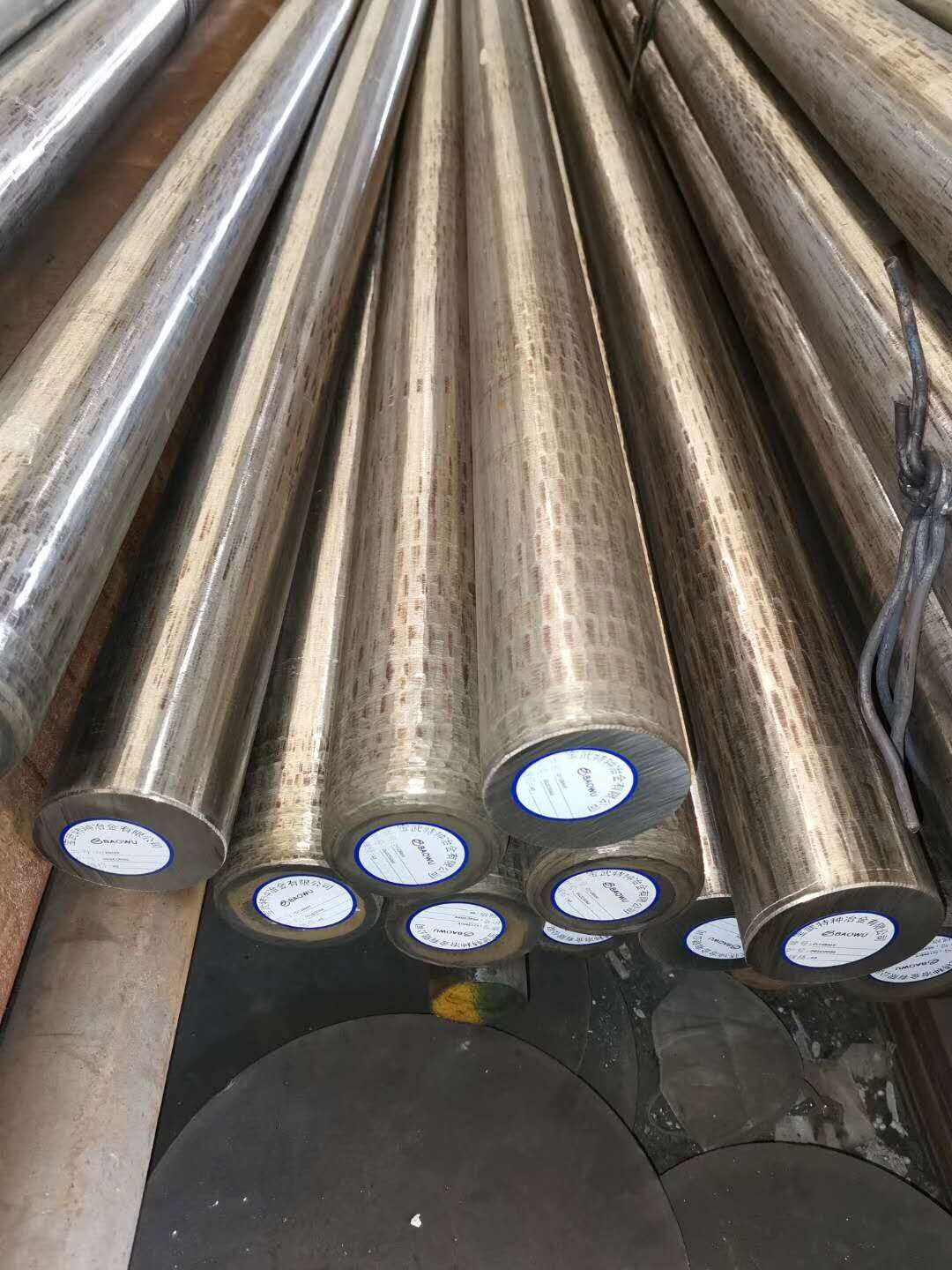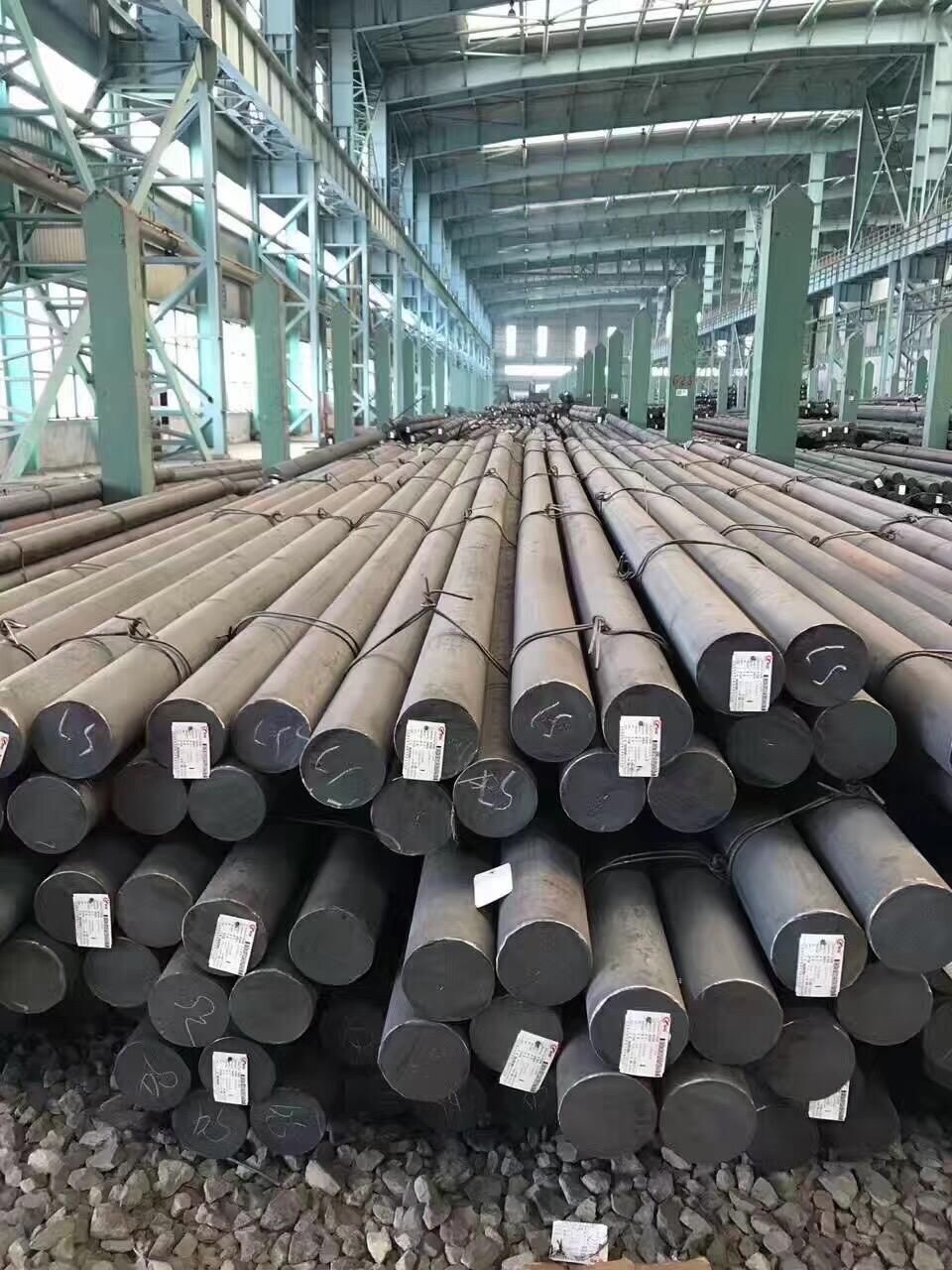Outstanding Chemical and Environmental Resistance
Cast alloy steel delivers outstanding chemical and environmental resistance that provides customers with reliable performance in the most demanding operating conditions, significantly reducing maintenance costs and extending equipment lifespan. The strategic addition of alloying elements such as chromium, nickel, and molybdenum creates a protective matrix that resists oxidation, corrosion, and chemical attack from various industrial substances. This resistance proves invaluable in chemical processing facilities where components must withstand exposure to acids, alkalis, and other corrosive materials that would rapidly deteriorate standard steel components. The passivation layer that forms on properly alloyed cast steel surfaces provides self-healing properties, automatically repairing minor surface damage and maintaining corrosion protection throughout the component's service life. Marine environments present particularly challenging conditions with constant salt spray, humidity, and temperature variations, yet cast alloy steel components maintain their structural integrity and dimensional stability under these harsh conditions. The material's resistance to stress corrosion cracking prevents the sudden catastrophic failures that can occur when conventional materials are subjected to the combination of mechanical stress and corrosive environments. Oil and gas industry applications benefit significantly from the chemical resistance of cast alloy steel, as components must withstand exposure to hydrogen sulfide, carbon dioxide, and various hydrocarbon compounds while maintaining pressure containment capabilities. Food processing equipment requires materials that resist both cleaning chemicals and organic acids, making cast alloy steel an ideal choice for pumps, valves, and mixing equipment that must maintain sanitary conditions. The thermal oxidation resistance of cast alloy steel enables its use in high-temperature applications where conventional materials would form scale or experience surface degradation that compromises performance. Environmental stress resistance includes the ability to withstand ultraviolet radiation, thermal cycling, and atmospheric pollutants without significant degradation, making it suitable for outdoor installations and long-term exposure applications.

